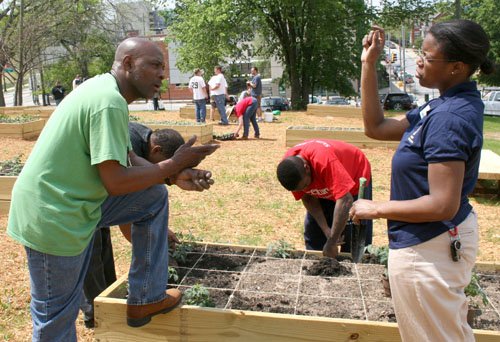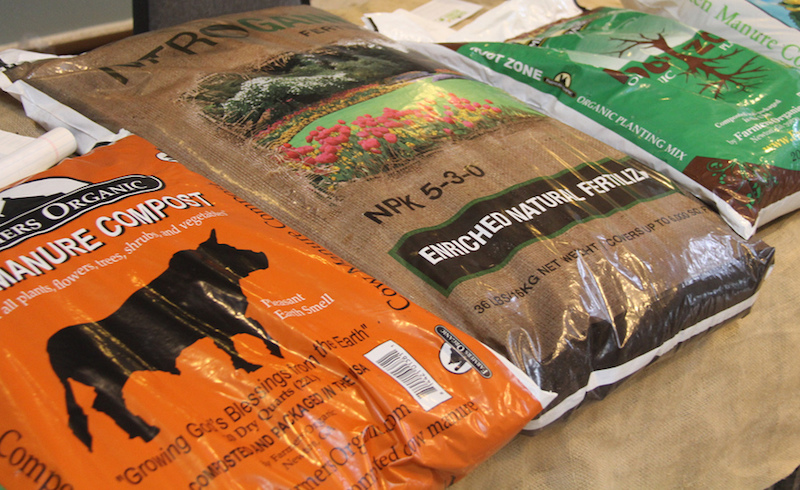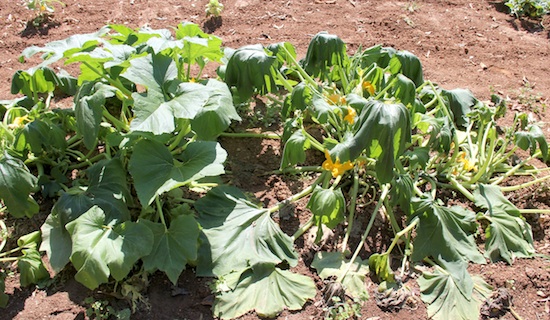 CAES News
CAES News
Winter and Summer Squash
To most Southern gardeners, fried yellow squash or grilled zucchini are staples on the table during the summer. Serving up homegrown winter squash in the fall is worthy of bragging rights. While normally easy to grow, the endless choice of varieties and numerous garden pests have made growing squash a little more challenging.

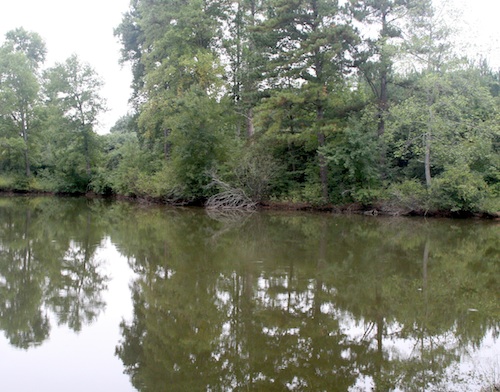
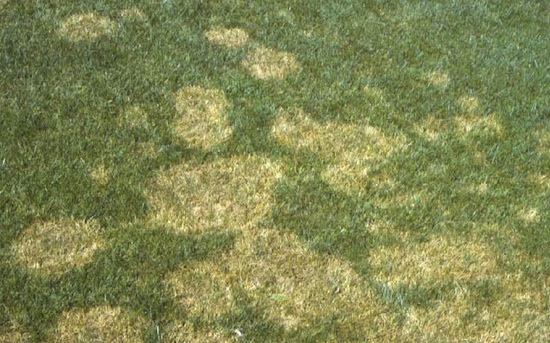
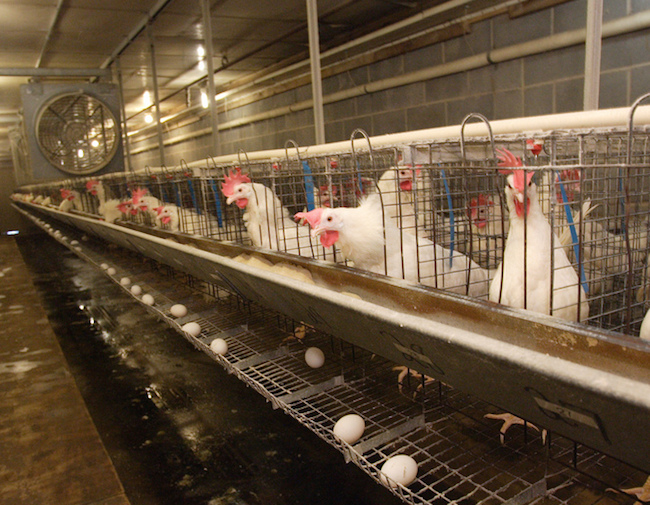
.jpg)

